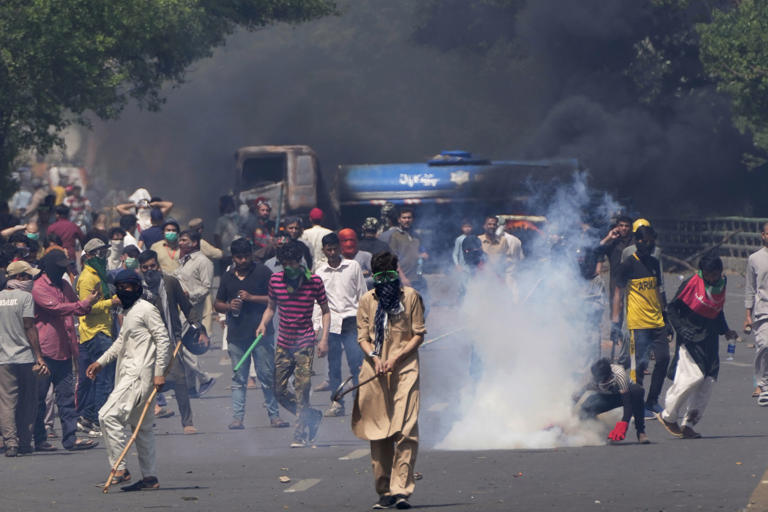which accused the proceedings of lacking “judicial independence, transparency, and due process guarantees”.
“The United States is concerned by the sentencing of Pakistani civilians in a military tribunal and calls upon Pakistani authorities to respect the right to a fair trial and due process,” State Department spokesperson Matthew Miller said on X, the social media platform.
This US statement follows similar concerns expressed by the United Kingdom and the European Union (EU), which also questioned the use of military courts to try civilians.
The EU was the first to react to the December 21 military court verdicts, issuing a statement the next day expressing “concern” over the sentencing and adding that the verdicts appear “inconsistent with the obligations Pakistan has undertaken under the International Covenant on Civil and Political Rights (ICCPR)”.
The EU also highlighted Pakistan’s beneficiary status under the Generalised Scheme of Preferences Plus (GSP+), which allows Pakistani exports to enter European markets duty-free — a reference that was widely seen as a subtle warning that a perceived failure to meet international human rights obligations could jeopardise this status.
So, why has Pakistan punished civilians through military courts, how has Islamabad responded to the criticism from the US, UK and EU, and what’s next — for Pakistan and its relations with the West?


























































































